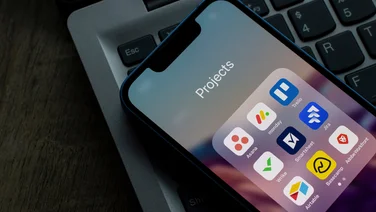To help us provide you with free impartial advice, we may earn a commission if you buy through links on our site. Learn more

Twitter is opening up its direct messaging system, allowing account holders to accept messages from any user. Twitter currently only allows you to send a direct message to someone if they follow you, preventing random strangers from accessing the private communications channel.
However, Twitter is set to change its policy, giving account holders the option to accept direct messages from anyone. That facility will be particularly useful for those running brand/corporate accounts, allowing customers to get in touch without the message appearing in the public channel. It also has other potential advantages, allowing whistleblowers to send private messages to journalists, for example, without having to publicly court the journalist to follow them in the first place, risking exposure.
Follow @ExpertReviews on Twitter
Twitter has experimented with opening up the DM channel in the past. In 2013, the company gave the option to select members of its userbase, but the trial was never extended. Twitter has also experimented with allowing verified account holders – normally brands or celebrities – to accept DM messages from anyone.
“We hope these changes help you connect more easily – and directly – on Twitter with the people, causes and businesses you care about most,” the company claims in a blog post. “If you do receive a direct message from someone you don’t want to privately converse with, you can still take steps to stop them.” Even if account holders decide to accept direct messages from anyone, they will still be given the option to block users to prevent them reaching the private messaging channel.
The Twitter apps will display a new direct message button on people’s profiles to highlight the new feature, which is being rolled out immediately.






